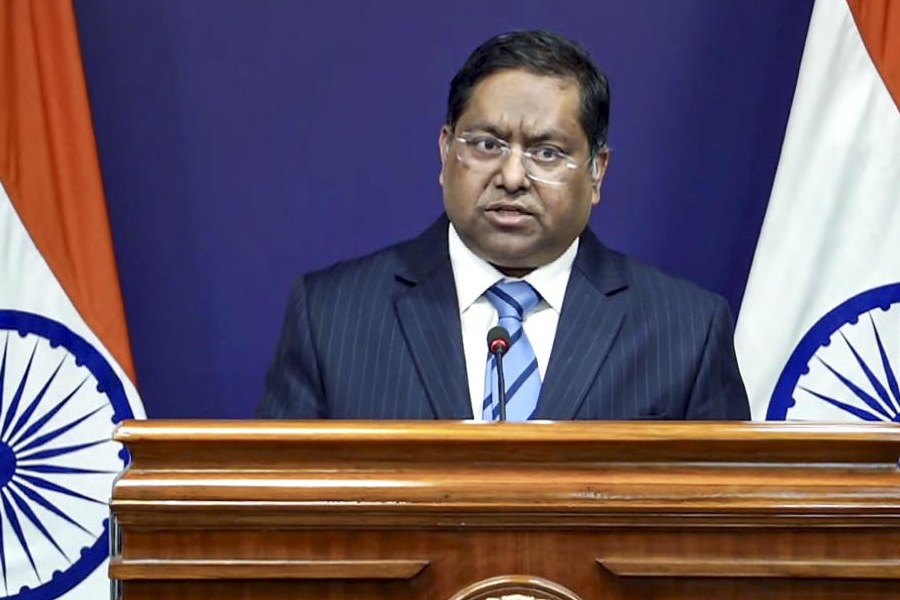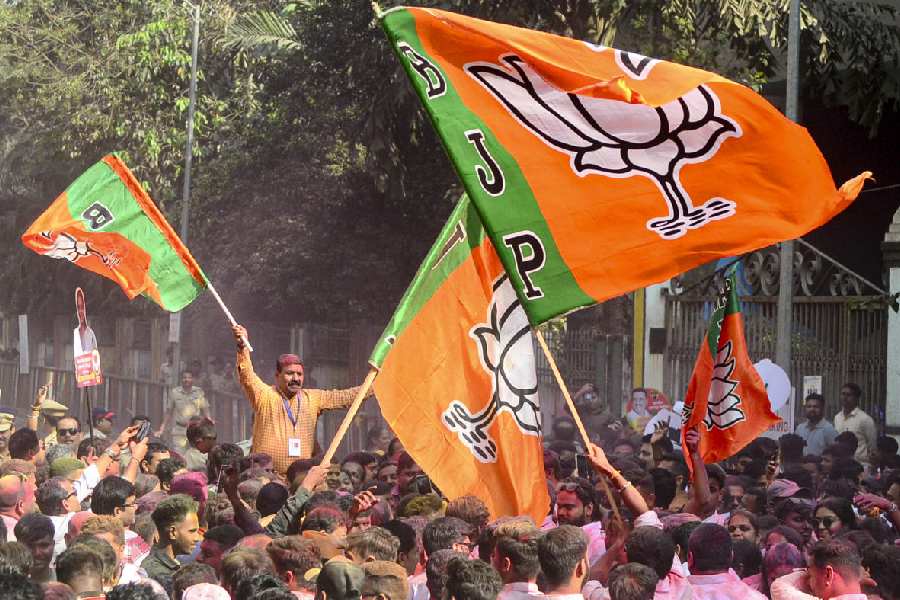A judge has the right to recuse herself. Which is what one of the judges, Bela M.Trivedi, did when a writ petition by Bilkis Bano came up for hearing before a Supreme Court bench. Ms Bano’s petition challenged the early release of the 11 convicts imprisoned for raping her and murdering members of her family during the 2002 Gujarat violence. As is the custom, the judge did not need to explain her recusal to the petitioner. But Ms Trivedi’s decision had two immediate results. One, the urgency of Ms Bano’s petition became inconsequential: the hearing will now have to await the formation of another bench. The incident also demonstrated the increase in pendency through unintentional means. The importance of reducing the burden of waiting cases should require a scrutiny of the practice of judges’ recusal — an issue already much discussed yet without results so far. The main questions are whether the decision to recuse should be left entirely to the individual judge, whether or not the grounds for recusal should be examined and whether a judge was not bound to give the litigants an explanation for recusal. These questions link up to the second result of Ms Trivedi’s recusal which went far beyond the practical — the process around Ms Bano’s writ petition in the Supreme Court at its first appearance remained opaque.
Opacity is a problem for any institution in a democratic country. In fact, this issue has raised its head in a different context in recent times. Some members of the Narendra Modi government have been taking potshots at India’s highest court: the spirit of the collegium system, they argue, reinforces the absence of transparency. A former Chief Justice of India’s principle of ‘trusting the judges’ and the all-important need for the judiciary’s independence are used as arguments against a deeper scrutiny of the practice of recusal. When there is a danger or even reasonable doubt that a judge may have bias, recusal becomes necessary. The chief reasons for that are pecuniary interest and personal relationships. But without urgent — and clear — ethical constraints, judges have the responsibility and the moral duty to exercise impartial judgment on cases brought before them; not picking and choosing them. The conflict of interest that should lie behind a recusal must not be allowed to remain mysterious. Mystery does not encourage trust. The erosion of trust in institutions, if any, is not desirable for a democracy.










